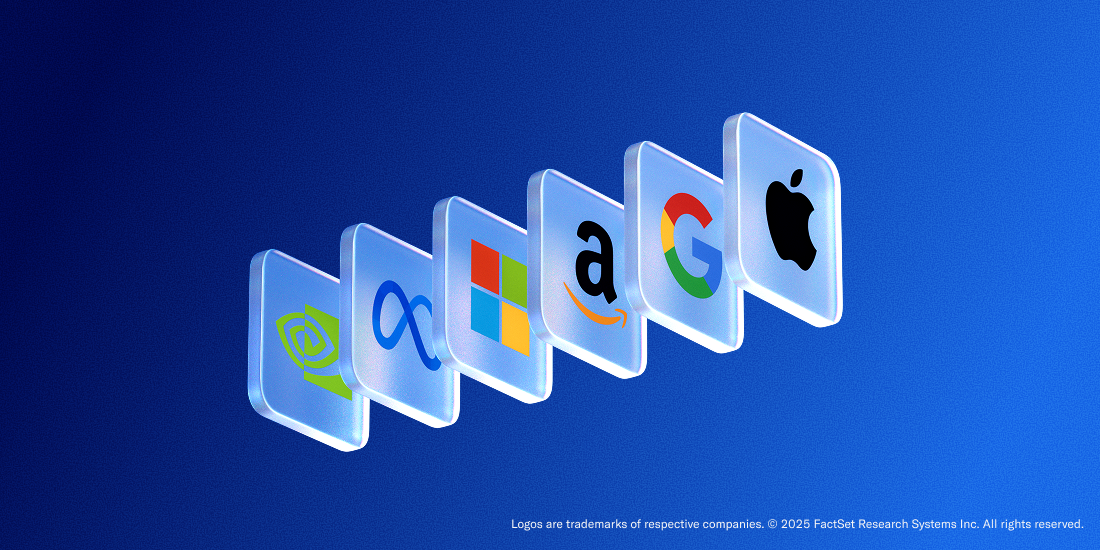Self-directed investing, the Betterment way
See what makes Betterment’s self-directed investing different from the rest. Plus, get three tips to help develop your own investing strategy.

Key takeaways
- We surveyed our customers and learned that 75% of them use self-directed investing elsewhere, but many want it alongside their automated investing—so we built it the Betterment way.
- With Betterment, you can invest your way, buying and selling thousands of stocks and ETFs with no commissions.
- Manage your automated portfolios, cash accounts, and self-directed trades together on one platform for a fuller view of your finances.
- Unlike other investing apps, Betterment’s tax impact preview lets you see the impact of a sale before you trade, so there are no tax surprises.
- Invest smarter with these three tips: set clear goals, plan for taxes, and keep emotions out of your investing.
Recently, we surveyed our customers and learned that 75% of them use some form of self-directed investing.
That was eye-opening. While our automated investing tools are designed to take the work out of wealth building, many people still want the option to pick and manage certain investments on their own.
So we asked ourselves: how can we bring self-directed investing to life—the Betterment way?
Our answer: combine our award-winning platform with a customer-first experience to let you buy and sell thousands of stocks and ETFs with no commissions.
With Betterment’s self-directed investing, you’ll get more investing choices, the ability to see all of your investments in a consolidated place, and tax insights you won’t find anywhere else.
Investing your way, all in one place
Not everyone invests for the same reason. We know this because we continually solicit feedback from our customers. Some customers told us they want to invest in companies they believe in. Others find it intellectually rewarding to follow markets and make trades. And many simply like having more control over their portfolio.
With Betterment’s self-directed investing, you can get that flexibility while keeping everything on one platform. Manage your automated portfolios, cash accounts, and self-directed trades side by side, with technology designed to give you a clear view of your financial life.
Tax insights you won’t get anywhere else
Here’s where we’re really different than the typical “stock trading” platforms. Self-directed trading often means more frequent buying and selling, which can bring a hefty and unexpected tax bill at the end of the year that catches people off guard.
In fact, when we asked our customers about their biggest challenge with self-directed investing on other apps, the top answer was “managing tax implications.”
We solved that challenge.
At Betterment, you’ll see a tax impact preview before you sell a stock or ETF.
That preview includes how the sale could affect your taxes, and even potential wash sales. A wash sale occurs when you sell a security at a loss and then repurchase the same or a substantially identical security within 30 days before or after the sale, disallowing the tax deduction for that loss.
With our tax impact preview, there are no surprises or guesswork. Just clear tax insights to help you make smarter decisions. (See how tax impact preview works.)
Three tips to get started with self-directed investing
Self-directed investing provides you with the choice to invest your way. But you get to decide what “your way” means. To help, here are three steps to get started:
- Have a clear goal before you trade: Don’t just buy because something looks hot or is in the news. Ask yourself: Am I investing for long-term growth, short-term income, diversification, or some other reason? Having a clear purpose can help you avoid making impulsive trades.
- Think about taxes before you sell: Selling a stock or ETF can trigger capital gains taxes. Short-term gains (for investments held less than a year) are usually taxed at a higher rate than long-term gains. Using tools that preview your tax impact before you trade—like Betterment’s—can help you avoid surprises.
- Avoid emotional trading: Markets move fast. It’s easy to panic-sell when prices dip or chase a stock that’s soaring. Instead, set rules for yourself—like only initiating a trade at pre-set price targets or sticking to a dollar-cost averaging plan—so emotions don’t dictate your decisions. Plus, at Betterment, your trades are queued for execution and not made immediately, but they are made in a timely manner, limiting your ability to try to “time the market.”

